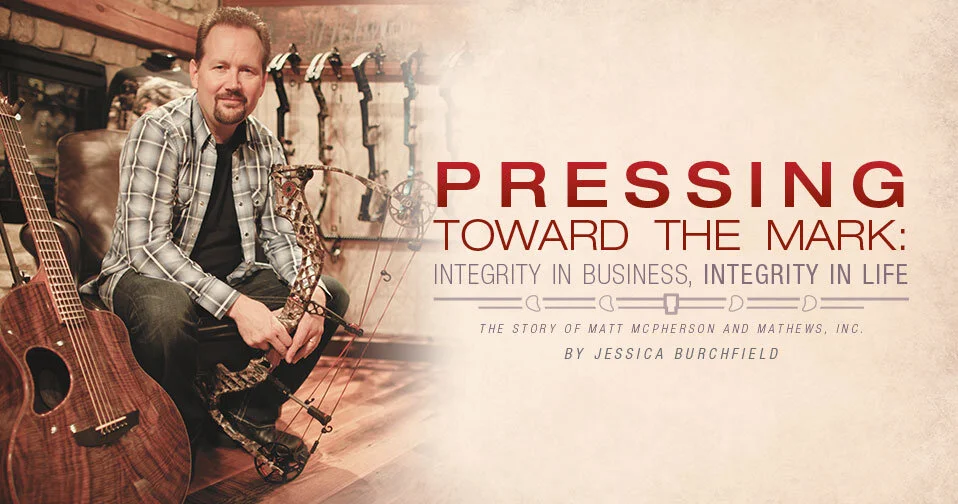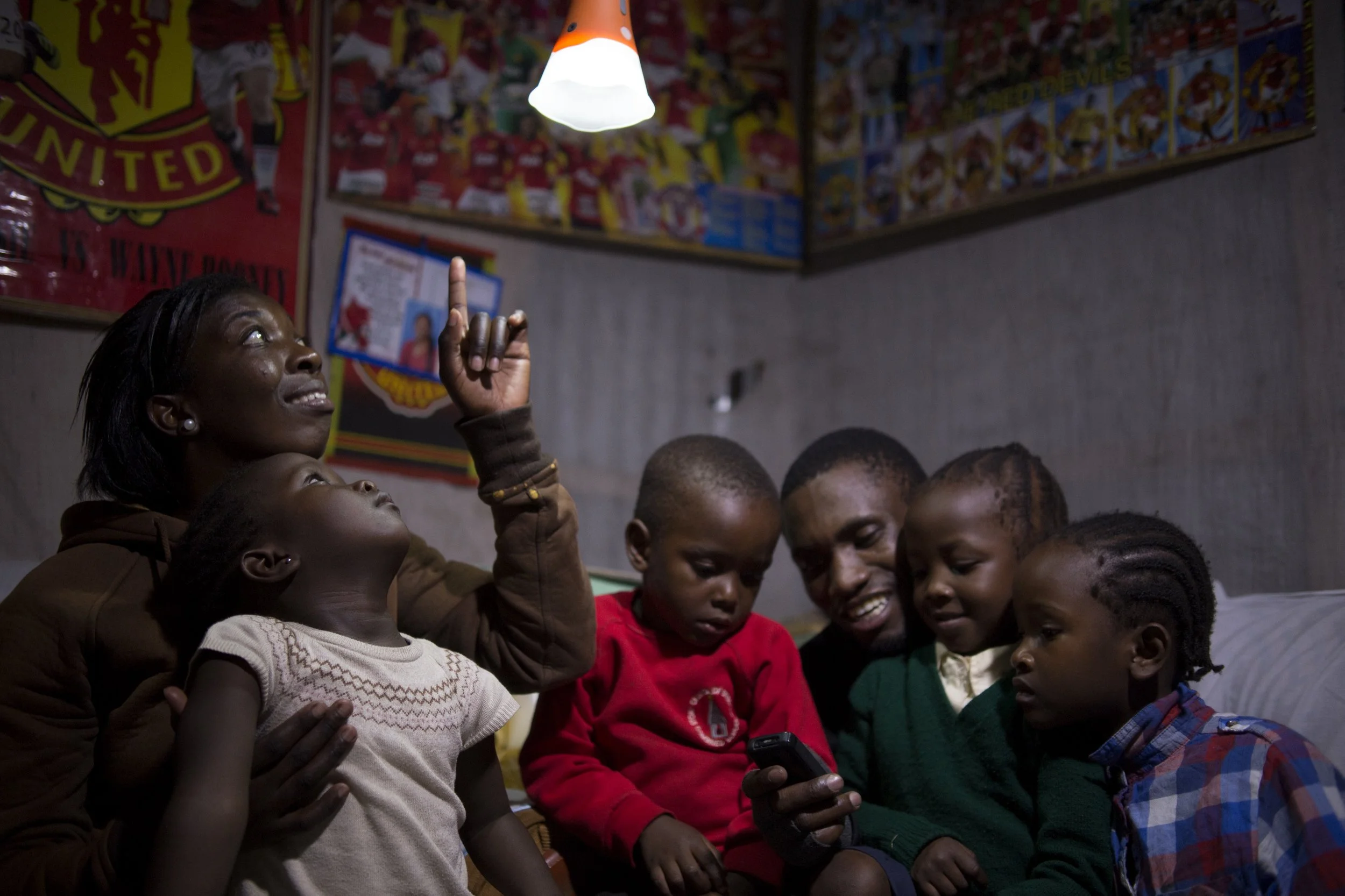From Aid to Trade to Transformed Nations
— by Reuben Coulter
Over the past 70 years there has been significant progress in raising living standards and quality of life around the world. Prior to Covid-19, it was estimated that from 1990 to 2015, the extreme poverty rate (less than $1.9 per day) dropped an average of a percentage point per year – from nearly 36% to 10%. A closer look at the numbers shows that progress has been unevenly distributed, mainly driven by the rise of China where GDP per capita went from $90 in 1960 to $10,000 in 2019. In sub-Saharan Africa more than 41% of people still live in extreme poverty. The impact of Covid-19 threatens to undo much of the progress that has been made.
History shows that enterprise and a transformed marketplace are the only way in which countries can escape poverty. For example, the Asian ‘Tiger’ economies (Singapore, Malaysia, Taiwan and South Korea) had GDPs lower than Ghana and Kenya in the 1970s. Fifty years later, despite sub-Saharan Africa receiving the equivalent of six Marshall Plans in aid, the ‘Tigers’ raced ahead.
Aid has an important role to play in addressing crises and ensuring basic access to essential services. However, it has had limited success in lifting people out of poverty. Despite philanthropy’s best efforts, children still lack basic education, families can’t access clean water or quality healthcare, and countless villages remain without electricity in much of Africa and parts of Latin American and Asia. Without inclusive economic growth driven by enterprise, these essential human services are unsustainable and unaffordable. The countries reliant on outside aid are unable to chart their own course.
A look at the amounts of capital also shows the same result. The United Nations estimates that the cost of achieving the Sustainable Development Goals will require an additional $2-3 trillion per annum. That is a staggering number if we are solely reliant on philanthropy. However, consider that global wealth is $150 trillion, and 55% of this is stewarded by Christians. If even a fraction of this is invested with impact, then social, economic, and spiritual transformation would be achievable.
Innovation and creativity have been central to the economic dynamism of the Western world. As shown in the Global Innovation Index, there is a high correlation between innovation and national GDP. Over a decade ago, the government of China commissioned an economist Dr. Peter Zhao to do an academic study to determine the reason why America has the largest and most powerful economy in the history of the world. His conclusion was that the church had shaped America’s culture and produced elements such as a tireless work ethic, honesty, suppression of corruption, a motivation for excellence, generosity, and the “spirit of creativity” which comes from worshipping a Creator (Wall Street Journal, Aug 8th 2008). We believe that when individuals and cultures are rooted in redemptive thinking this potential is unlocked.
The world stands at an economic, social, and spiritual crossroads. Capitalism without its Christian heritage and institutions of integrity has led to corruption, increasing inequality, and continued high poverty rates. However, enterprise rooted in Christianity can lead to inclusive and compassionate economic growth and be the single biggest contributor to poverty reduction and realising the Great Commission. Christian entrepreneurs and investors need to redeem the marketplace and in doing so transform nations by creating jobs, generating prosperity, driving innovation, and catalysing human flourishing.
Related articles
A crisis can reveal what we really value and should prioritize. It applies when we get seriously sick, when there is an upheaval in our family, or even during a pandemic. The sifting process may also show what really stands the test of time, and what is a mere short-lived trend.
The practical outworking of this one Brazilian entrepreneurial business family working together with a North American Christian ministry to create a culture of blessing, first in their own family and then in the community, is now resulting in a transformational prototype in which all 7 spheres of society are being positively impacted within the ecosystem of the city.
"The global Church must embrace economic development and job creation as an integral part of Christ’s prayer that God’s kingdom would come on earth as it is in heaven."
Ecosystem building requires time and patience. It is typically a co-creation process between local leadership and capacity and international expertise and resources.
In our experience, a healthy faith-based ecosystem is built on five pillars. The first two pillars are foundational and unique to our faith, while the others are also applicable in the wider secular context.
What distinguishes a faith-driven entrepreneur from a secular entrepreneur? What types of enterprises create what impact?
Faith-based enterprises transforming economies intuitively makes sense but its potential has yet to be realised. Why is this the case?
More than half of young people in Sub-Saharan Africa, who make up the largest part of the population, are born into poverty, growing up in communities that visibly offer no hope, with few if any ethical role-models and mentors.
It is my opinion that to have a more significant impact in the communities we serve, nonprofits must consider mergers and consolidation as a means of future survival.
Over the past 70 years there has been significant progress in raising living standards and quality of life around the world.
When the spirit of shalom permeates all that we do, victories come in the form of transformative moments.
We believe that Faith Driven Entrepreneurs and Investors can create transformation in four main ways; Wealth and Job Creation, Innovation, Evangelism, and Discipleship and Cultural Transformation.
Perpetuate Capital exists to perpetuate the Kingdom impacts of BaaMs, while solving for shareholder liquidity at market-based costs/returns with fully aligned investors.
What if faith-driven entrepreneurs, not just in the U.S. but worldwide, went all-in to commit their creative talents and abilities to advance God’s kingdom and be the agents of change for justice, equality and eradication of poverty?
A modern day Christian Renaissance Man, Matt McPherson is the founder and CEO of both Mathews Inc., the largest bow manufacturer in the world, and McPherson Guitars, a leading name in the music industry for hand-crafted acoustic guitars
We’ve long preached sustainable development over handouts. The pandemic forces us to change our approach—for now.
Charity has a place, and relief efforts are needed. But for a long-term solution we need a paradigm shift in thinking and praxis, from handouts to job creation, from mainly non-profit responses to for profit solutions.
The effects of the coronavirus are disruptive beyond comprehension. The situation is changing by the hour. The consequences vary from difficult to dire for billions of people, and nobody knows what the timeline is for this crisis.
Applying biblical principles to shape best practices in business may sound challenging or scandalously illegal, but it’s surprisingly achievable and worthwhile. And while this view of stewardship may seem to be an ethereal, fluid concept, ministry can be objectively measured with worthy metrics of success much like any other dimension of thriving business.
In rural Mexico, fifty 3D printed homes are being built under the leadership of our most recent podcast guest, New Story CEO, Brett Hagler. The innovative project that’s the first of its kind is part of New Story’s larger goal of combatting global homelessness. This 3D printed neighborhood is set to house local families living on less than $3 a day.
Mats Tunehag came back from the Freedom Business Forum inspired by Annie Dieselberg’s speech: she shares her journey in realizing that the creation of business is a key to sustaining freedom because it provides us with life-giving choices. Freedom businesses are about restoring the power to choose, redeeming the value of life, and making money for good impact. Freedom businesses give people the chance to dream again!
The remarkable story of one gutsy contractor’s determination to end poverty in Africa. Grant Smith is not a visionary or an enthusiastic missionary. He’s a problem solver. When confronted with the desperate problems of poverty he witnessed in Africa, he did the only thing he knew how to do–business.
HAPPY MONDAY! We wanted to start the week with an encouraging video from a reader just like you. Jon Porter shares a video story of a dairy processing business that God called him to start in Rwanda employing the deaf. As he puts it, “It was an exciting, overwhelming, full-of-miracles experience …” and from what we can see, we couldn’t agree more!
“Kingdom success along the path of risk and failure.” - For many entrepreneurs, the possibility of startup glory — a huge payout, an early retirement, fame, acclaim, and the chance to transform how societies function — is worth the risk and the toil. And what if those momentous outcomes never come to fruition?
Mats Tunehag shares stories from around the world. In this piece, he reminds the reader that we cannot convert anyone by pushing through or forcing a spiritual impact. This is essential as we do business as mission.
This article was from a collection of whitepapers compiled for attendees of the CEF’s 2018 Global Event. We share Darin’s whitepaper in anticipation of 2019 CEF whitepapers launching soon! Read Darin Owen’s view on how to start, build, and grow prosperous companies.
Mats Tunehag’s stories from around the world are now in book form! BAM Global Movement: Business as Mission Concepts & Stories is a unique blend of short chapters explaining the ‘business as missions’ concept interspersed with brief case studies of BAM businesses.
What areas of your life do you long to see reconciled and made new? By asking the deeper questions, The Chalmers Center helps people wrestle with problems with work as a whole. Their training courses are there to help with restoring work to its a place of glorifying God and helping others.
The Church is beginning to combat extreme poverty in a more complete way. This is a movement where discipleship, job creation, training, and financial services are building on local relationships to empower communities to break free from poverty.
——
[ Photo by Chitto Cancio on Unsplash ]






























We are in the process of a tectonic transformation in the way we work and live – let’s rise to the challenge of using generative AI to speak and create life, rather than standing on the sidelines.